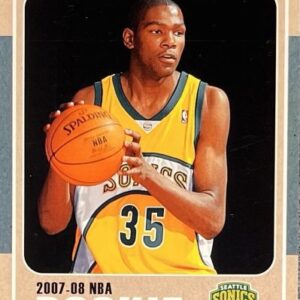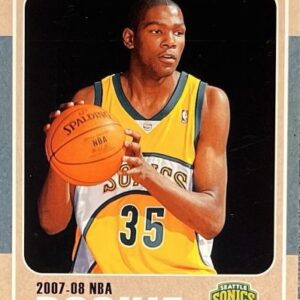The world of professional sports and law enforcement are realms of integrity, strength, and role models. However, when figures from these admired professions stumble, the fall is heard loud and clear. Such is the case with Christopher Pazan, a name once known for his athletic prowess on the football field, now mired in the less heroic shadows of a legal and financial quagmire. This former University of Illinois quarterback, who transitioned into the role of a Chicago police officer, found himself in handcuffs not for protecting the law, but for allegedly breaking it in the most unexpected way.
This week’s arrest of Pazan, age 41, unfolded in the suburban landscape of Evergreen Park, where he’s accused of an astounding heist – of baseball cards, valued at around $300. Imagine the scene: as ordinary shoppers shuffled through aisles in search of groceries and household needs, Pazan was reportedly slipping baseball cards into a yard waste bag, under the digital gaze of vigilant security cameras. The bag was paid for, but the cards remained unpaid, leading to both his exit from the store and entry into the realm of criminal charges.
Once a celebrated athlete, Pazan’s journey took him from the football fields of Brother Rice High School in Mount Greenwood—where he cemented his name as an All-American quarterback—to the University of Illinois. His leadership and skill translated into stints as both a player and a coach, setting what many would assume to be a foundation for a stable future. Transitioning from coaching, Pazan sought a “greater purpose” among the ranks of the Chicago Police Department in 2015. He expressed a desire to give back, to engage in service beyond the sports field, and served in the esteemed Morgan Park District before being detailed to the central investigations division.
While his career trajectory showed promise, the narrative behind the badge was becoming increasingly complex. Recent financial documents paint a picture less rosy, more riddled with economic hardship. Earning a commendable salary of $111,804, financial strains seem to shadow his earnings. Pazan’s life, it turns out, has been intertwined with loans, court cases, and debt collections. From an unpaid attorney fee amounting to over $5,800, to lawsuits seeking recovery of substantial amounts by major banks, his financial tableau reveals a struggle that even a skilled quarterback might find hard to navigate.
Pazan is currently wrestling not just with an arrest connected to baseball cards but with a divorce and an impending legal nightmare. Iconic figure he may have been on the field, off-field, he was grappling with realities that millions face—mounting debts and personal strife. His plans now include home refinancing in Beverly, a tactical play to meet legal expenses and hopefully, conclude disputes equitably.
These financial afflictions, traced back to incidents prior to his arrest, even question his entry into the police force. The city’s hiring guidelines might frown upon significant debt, as such vulnerabilities could pose risks in roles that demand complete integrity. Compounding it, the legal proceedings against Pazan begin on June 23, quite literally mirroring those days when he would brace for an opening whistle.
Meanwhile, the Chicago Police Department’s response has been firm, albeit measured. For now, Pazan’s police powers have been retracted, and as an internal investigation kicks off, he is left in a position far from the stoic depictions of the testaments of valor and stability his careers suggested.
Efforts to secure comments from either Pazan or his attorney have been unsuccessful at this juncture, leaving many to speculate about his narrative. Was this alleged infraction a momentary lapse, a desperate act brought on by financial duress, or is it a symptom of deeper issues lying beneath that public veneer?
As the story continues to unfold, it serves as a sobering reminder that the faces we cheered for, or relied upon for protection, are capable of struggles just like any average individual. In this era where public figures are often held to impossibly high standards, Pazan’s predicament could spark conversations not just about accountability, but about understanding, help, and the vulnerability of those we place on pedestals. The court date in June is poised to be more than just a legal appointment – it is a touchstone moment for a man whose life appears to have intercepted into uncharted territories.





